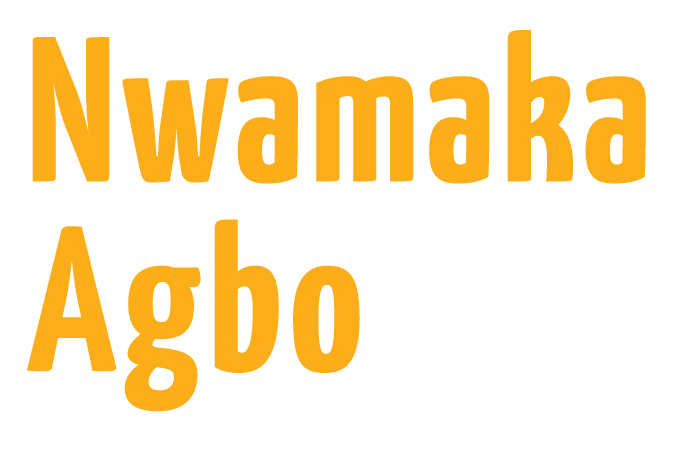The Challenge Before Us
As income inequality grows and climate disruption intensifies, it is clear that our economic and climate systems are at a crisis point that will devastate communities far and wide. Unfortunately, low-income, vulnerable communities of color that have already suffered decades of economic alienation, and extraction of wealth and labor by the 1% and people in power, will be hurt first and worst by these converging catastrophes.
Further, rampant voter suppression, corporate lobbyists and laws like Citizens United continue to compromise our democracy. People's voices are more important than ever, but unless we build more equitable governance structures the voices of the vulnerable will be locked out of these critical conversations about democracy and the basic humanity of all people.
Our current economy and political system was built to harm marginalized communities. It is time to dream bigger and build an economy that heals the harm and restores those communities creating a more just and prosperous country.
We Have a Choice to Make
In order to truly address the debilitating income and wealth inequality in our country—one that continues to be exacerbated by climate disruption (as we have seen with Hurricane Maria battering down Puerto Rico’s dire economy brought about by their erroneous debt), we must embrace a restorative approach to transforming our economy—a process focused on accountability, reconciliation and restitution. We must advance strategies that restore, heal and make whole the communities and places most exploited and dislocated by economic policies and practices, so that we can all live and thrive with dignity together.
The Opportunity
We live in a global economic system where more money means more power. It will take all of us, working together, to develop solutions that repair the harm caused by that system and begin to restore both people and the planet.
When communities come together to collectively own and manage assets, they can leverage their joint economic power to collectively assert their rights and exercise cultural and political power in a more impactful way than they would on their own. And, when neighbors build community wealth together they create safe and sovereign spaces that foster self-determination and build shared prosperity.
Restorative Economics as a way forward
Restorative Economics centers on healing and restoration of vulnerable communities who have been marginalized and oppressed by a polluting and extractive economy, by investing in strategies that create shared prosperity and self-determination for a just transition to the next economy.
An investment in strategies that generate community wealth, produce governance structures that benefit the whole, and build community power is key to build the next economy—one rooted in equity, regeneration, and interdependence.
Restorative Economics is an invitation for communities to come together and form relationships that allow them to reimagine a new way of being grounded in cooperation instead of competition, inclusion instead of exclusion, and abundance instead of scarcity. With a Restorative Economics approach, neighbors can come out from behind their fences and gather in the streets to make decisions about how to invest in and transform a blighted empty lot or create a climate resilient energy microgrid. Restorative Economics places the wellbeing of the community directly into the hands of the community.
How it Works
The methodology of Restorative Economics leverages community-owned and community-governed projects to bring residents together to create shared prosperity and self-determination and in turn build collective political power. Restorative Economics fosters cultural, economic and political power for impacted communities through the design, process and outcomes.
Centering community in the design, process and outcomes
Restorative Economics in the World
Urban centers across the country continue to feel the vice of gentrification and displacement as the cost of living rises and more people desire to live in more sustainable, transit-oriented, walkable community. Communities concerned with gentrification and displacement often faced with the seemingly competitive question about how to invite investments into neighborhoods without hurting the people who already live and work there. In a Restorative Economics framework, residents are invited in and help shape a process about how to spark investment and growth in their community while addressing the real needs and challenges impacting those that call the neighborhood home. And, this is done while also designing and implementing policies and strategies to keep long-term residents rooted in their neighborhoods. Restorative Economics engages neighbors in conversations and decisions about how their neighborhoods develop, so that the end result helps residents create stable and healthy livelihoods for themselves, while building power and assets among neighbors.
Richmond LAND, REAL Peoples Fund, Restore Oakland, Inc., and the Buen Vivir Fund are shining examples of what is possible when neighbors come together to organize and articulate a shared vision for their community, and to practice participatory decision-making for shared prosperity. These initiatives provide a preview into what it will take to transition away from an economy rooted in extraction and exclusion, and towards one focused on regeneration, resilience, and interdependence.





